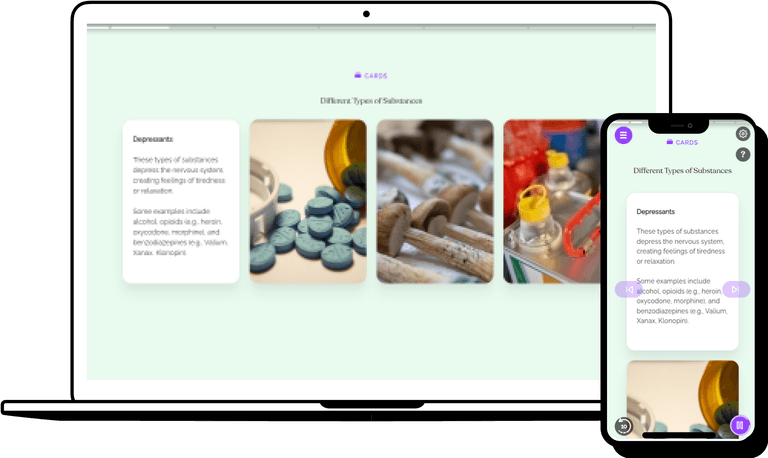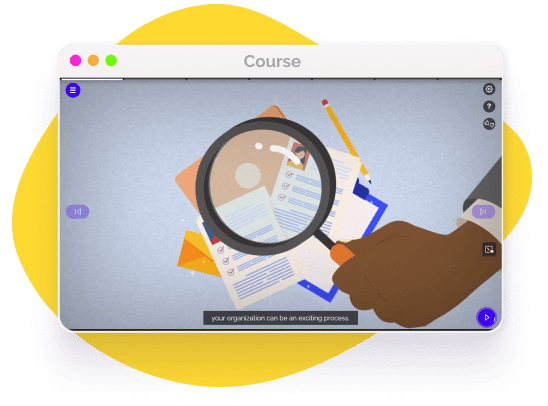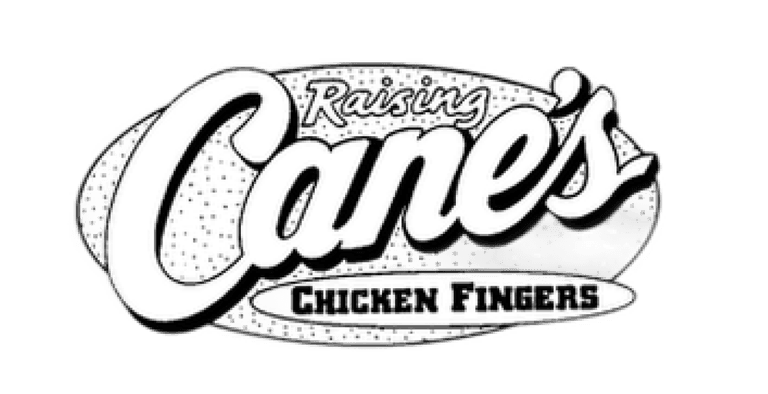Identifying and Managing Emotions in Conflict
Navigate through the intricate world of emotions within conflict situations. Recognize, understand, and effectively manage emotions that arise during workplace conflicts, ultimately leading to more productive resolutions.

The Role of Emotions in Conflict
Emotions are the invisible drivers behind conflicts, shaping their intensity and trajectory. In the intricate dance of disagreement, emotions often hold the leading role, fueling disagreements, or serving as the catalyst for resolution. Understanding the role of emotions in conflict is essential to navigate these complex situations effectively. This insight allows us to acknowledge the emotional undercurrents, identify triggers, and ultimately harness emotions as a constructive force in the pursuit of conflict resolution.
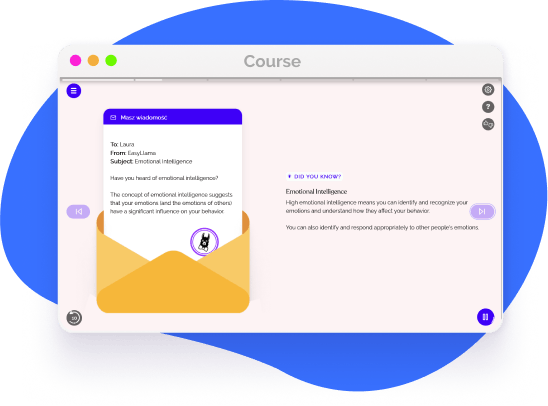
Before you can effectively manage emotions in conflict, you must first be able to recognize them. Focus on developing your emotional awareness to better navigate challenging situations.
Words can carry a significant emotional weight. Discover how language choices can intensify or de-escalate conflicts. Explore strategies for using emotionally intelligent language to defuse tension and promote effective communication.
Empathy plays a crucial role in conflict resolution. Explore techniques for recognizing and understanding the emotions of others involved in a conflict. This skill is essential for building rapport, demonstrating understanding, and finding common ground.
Self-awareness is the cornerstone of emotional intelligence. Learn to identify and label your own emotions when facing conflict. By recognizing your emotional responses, you can gain better control over your reactions and make more informed decisions.

Managing Emotions in Conflict
Managing emotions in conflict is akin to navigating turbulent waters with a steady hand on the tiller. It involves the art of recognizing, regulating, and channeling one's own emotions, as well as understanding and empathizing with the emotions of others involved. Effective emotion management allows for a shift from confrontational and destructive interactions to a more constructive and solution-oriented approach.
Practicing Emotional Regulation
Emotionally charged conflicts can be challenging to handle. We offer practical tips and techniques for regulating your emotions during difficult conversations, ensuring that you maintain composure and focus.
Here are some myths to look out for:
- -
Breathing exercises for stress reduction
- -
The power of mindfulness in emotional regulation
- -
Techniques for reframing negative thoughts
- -
Strategies for staying calm under pressure

Master Emotions for Conflict Resolution Success with EasyLlama
EaysLlama’s course empowers individuals to master their emotions, paving the way for more effective conflict resolution. By harnessing emotional intelligence and understanding the intricacies of emotions in conflict, you can achieve greater harmony and productivity in both personal and professional relationships. Join us on the path to mastering emotions for conflict resolution success and experience the transformative power of our cutting-edge training programs.
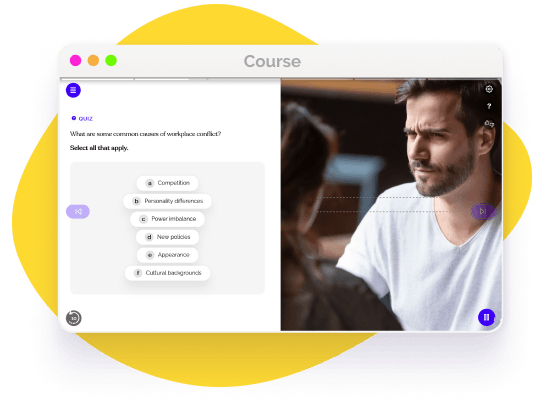
Helping over 8,000 organizations create a safer, more productive workplace
The goal of this training is to educate employers and employees on their rights and responsibilities when it comes to conflict resolution and communication in the workplace. This course covers:


